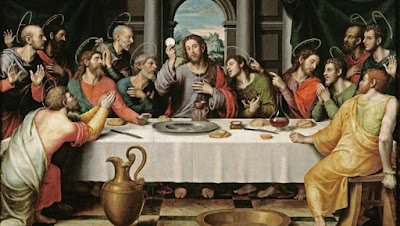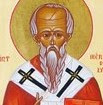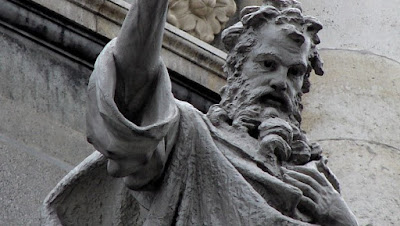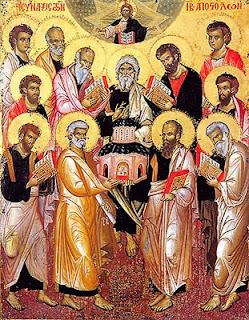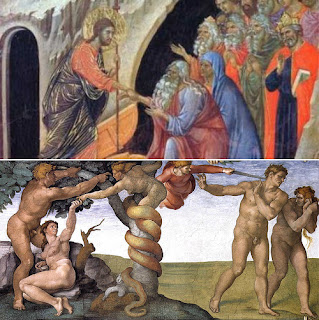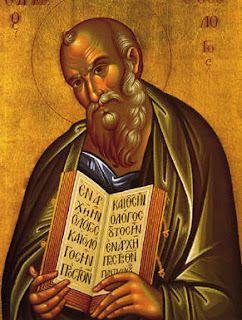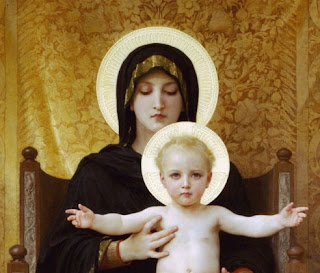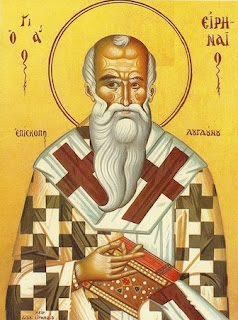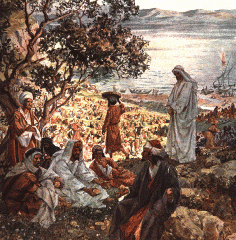Saint Irenaeus on the Descent of the Holy Spirit
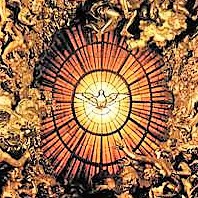
"When the Lord told his disciples to go and teach all nations and to baptize them in the name of the Father and of the Son and of the Holy Spirit, he conferred on them the power of giving men new life in God. He had promised through the prophets that in these last days he would pour out his Spirit on his servants and handmaids, and that they would prophesy. So when the Son of God became the Son of Man, the Spirit also descended upon him, becoming accustomed in this way to dwelling with the human race, to living in men and to inhabiting God’s creation. The Spirit accomplished the Father’s will in men who had grown old in sin, and gave them new life in Christ." — St. Irenaeus _______________________________________________ Prayer in Honor of the Holy Spirit God our Father, let the Spirit you sent on your Church to begin the teaching of the gospel continue to work in the world through the hearts of all who believe. We ask this through our Lord Jesus Christ, your So
